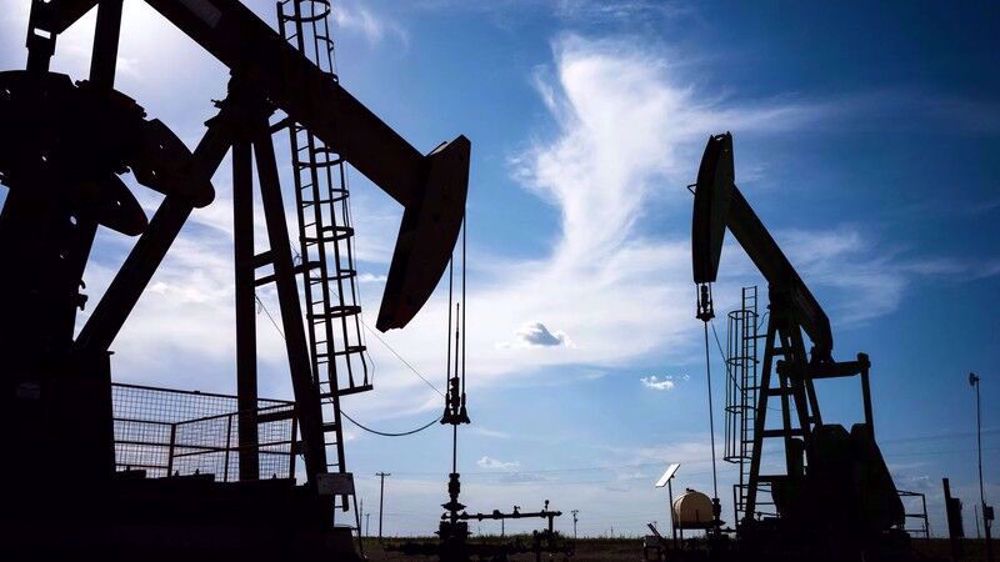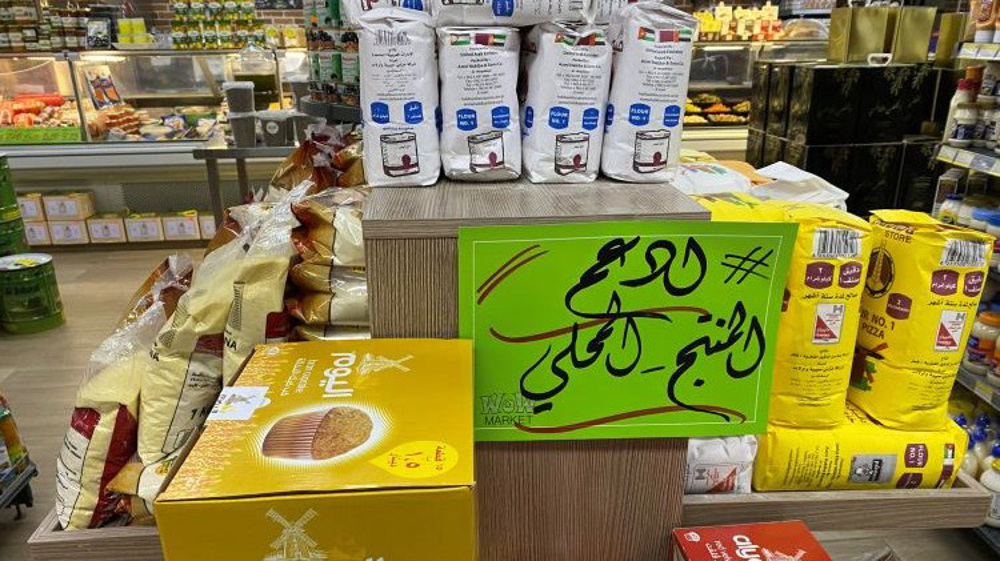Fitch slashes Saudi rating over falling oil prices
Fitch Ratings has downgraded the credit rating of Saudi Arabia, citing the negative impact of tumbling oil prices on the economy of the biggest crude exporter in the world.
In a note issued on Tuesday, the ratings agency said it had lowered the kingdom’s “long-term foreign and local currency" ratings from AA to AA-.
It further kept its outlook view on Saudi Arabia at "negative," meaning that another rating cut is possible.
The credit rating downgrade reflects the “revision of our oil price assumptions for 2016 and 2017” to $35 and $45 a barrel, respectively, Fitch’s note added.
The agency further said that it expects the Saudi deficit to widen, adding that the geopolitical risks facing the kingdom are "high relative" to its peers with similar ratings.
The Saudi rating cut comes ahead of a meeting between OPEC and non-OPEC oil producers in the Qatari capital, Doha, this weekend in an attempt to freeze oil output productions to help stabilize prices.
Saudi Arabia’s rating has already been slashed this year by Moody’s Investors Service and Standard & Poor’s.

With much of its wealth dependent on oil revenues, the kingdom has been hardly hit by plunging oil prices, from $114 in June 2014 to currently some $43 a barrel of benchmark Brent crude.
Oil prices have fallen around 70 percent since mid-2014 due to oversupply, low demand and slowing economies.
Riyadh has insisted that it will not cut production to tackle the global glut, arguing that it would simply be losing market share unless its rivals also agreed to reduce supplies.
48-year-old Palestinian man serving 48 life terms completes 22 years in Israeli jails
From MKO to Tondar, how Germany became safe haven for anti-Iran terror groups
Hamas open to any proposal aiming to end Gaza war: Hamdan
Role of private sector in Iran’s thriving space industry
Four Palestinians killed in Israeli strikes on West Bank
Iran warns of ‘calculated, precise’ response to Israeli aggression
After year-long genocide, Israeli military hires private firms to flatten buildings in Gaza
Malaysia working on resolution to expel Israel from United Nations















 This makes it easy to access the Press TV website
This makes it easy to access the Press TV website